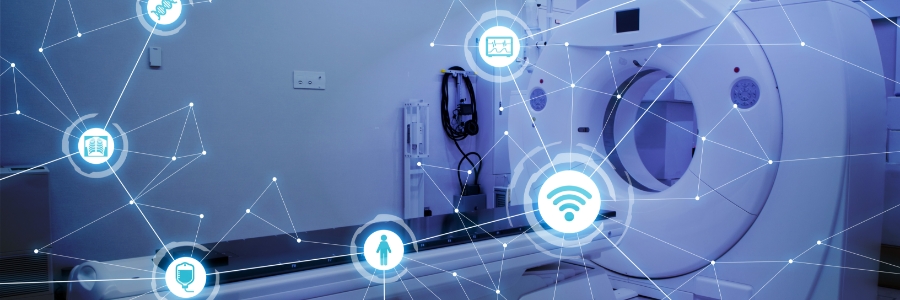The health tech industry has witnessed a remarkable surge in the development of innovative apps and wearable devices designed to track and manage health. However, when it comes to choosing the right health app or wearable tech, it's essential to consider several factors to ensure you select a product that aligns with your goals and needs.
C.I.M. Solutions Inc.
Ways online scheduling can help healthcare organizations
Healthcare cybersecurity: 5 Strategies to protect against insider threats
How to ensure the security of IoT devices in healthcare

With the widespread implementation of the Internet of Things (IoT) in healthcare, security concerns that were previously not considered have suddenly become a reality. In 2022, attacks using malware increased by 38% compared to the previous year. This equates to 1410 attacks per week - something device vendors must pay close attention to.
The many benefits of MSPs in the healthcare sector

Managed IT services providers (MSPs) are increasingly becoming in order to keep up with the ever-evolving healthcare landscape OR in order for healthcare businesses to keep up with the ever-evolving landscape of the industry. MSPs provide a suite of benefits that can help healthcare providers deliver better patient care, manage their technology, and meet important regulations.
How to pick the right EMR system for your practice

Electronic medical records (EMRs) allow healthcare providers to keep patients’ health records in digital format, eliminating the need for paper charts and ensuring that clients get accurate attention promptly. When selecting an EMR system for your healthcare practice, keep these key factors in mind.
Properly securing customers’ PHI

Cybercriminals continue to find ways to penetrate organizations and steal sensitive data. It is therefore critical that businesses take steps to secure their systems in order to protect customers’ protected health information (PHI). Read on to learn more about how you can keep PHI safe from cybercriminals.
How big data helps reduce hospital readmissions

Business intelligence (BI), or big data, involves analyzing large data sets to improve decision-making. This concept has been around for many years, and it has certainly benefited a sprawling industry like healthcare. One of the main reasons for this has to do with the Affordable Care Act, which penalizes hospitals for having high readmission rates.
What HIPAA compliance means to your business

If your company is in the healthcare industry or provides medical services, you are required to comply with HIPAA regulations. In this article, we’ll talk about what HIPAA is, and what being HIPAA-compliant means to your business.
What is HIPAA
The Health Insurance Portability and Accountability Act of 1996 (HIPAA) is a federal law that establishes national standards to safeguard sensitive patient health information from being released without permission.




